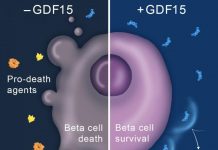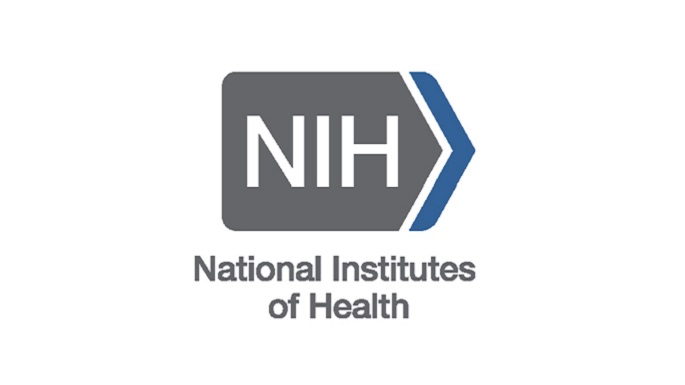June 2008 - Researchers at the Joslin Diabetes Center in Boston have discovered that a significant portion of people who have had type 1 diabetes for 50 or more years still have the capacity to produce insulin, a finding that has potential implications for improved treatment for all with the disease.
In a study presented at the American Diabetes Association's 68th Scientific Sessions, researchers led by George King, M.D., showed that 17 percent of more than 300 people who have had type 1 diabetes for 50 years or more still had the capacity to produce some insulin.
"This was a big surprise to everybody," said King, Joslin's Director of Research and lead investigator of the study. "If people who have had type 1 diabetes for this long have residual insulin production, then those who have had the disease for less time might have an even greater capacity to produce insulin."
The majority of individuals with type 1 diabetes have been living with the disease for at least 15 years. But, according to King, it is very rare to live with diabetes for more than 50 years.
The study measured levels of c-peptide in patients enrolled in Joslin's 50-year Medalist Study, which is following several hundred patients who have been living with type 1 diabetes for 50 or more years to better understand the factors that contribute to their longevity. C-peptide is a protein fragment released by the pancreas and is used as a marker for insulin.
Continue Reading Below ↓↓↓
"This finding means that even people with diabetes for 50 to 80 years potentially still have some islet cells in the pancreas that have survived and could still make insulin," King said.
"If we can find a way to revive these cells in patients, particularly those with fewer years with diabetes, it could mean new ways to treat the disease," he said. "This finding could possibly allow patients to reduce the doses of insulin they are taking."
This talk is one of 87 presentations to be delivered by Joslin scientists at the ADA's Scientific Sessions, Friday, June 6, through Tuesday, June 10 at the Moscone Convention Center in San Francisco, CA. The session, "Novel Features of Autoimmune Pathogenesis," is scheduled for Sunday, June 8 from 8:00 �10:00 a.m. PDT. [Abstract Number 173-OR: "Do Antibodies Signal Residual Insulin Production in Patients with 50 of more Years of Type 1 Diabetes?"]
Other researchers participating in this study include: Hillary A. Keenan, Ph.D., Jennifer Sun, M.D., and Lloyd Paul Aiello, M.D., Ph.D.
Source: Joslin Diabetes Center










